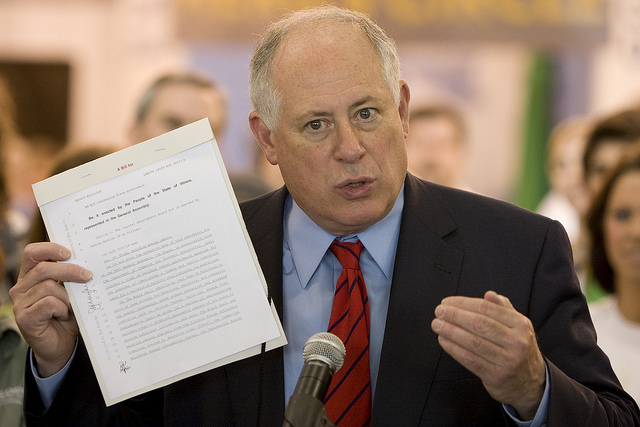About 30 percent of the Kentucky Retirement System’s investment portfolio is allocated towards alternative investments. That kind of investment strategy leads to significant fees and expenses. But much of the data surrounding the fees the System paid to firms to manage those alternative investments were hidden under lock and key…until now.
Yesterday, the KRS Board of Trustees approved a measure designed to increase transparency surrounding the fees the System pays to individual firms to handle its investments. From WFPL:
Kentucky Retirement Systems, which runs the $16 billion pension and health care funds for state, city and county workers and retirees, will be providing more detail about the fees it pays to the managers of its so-called “alternative” investments.
[Interim investment director David Peden] said KRS’ investment committee and the full board warmed to the idea after articles by the Kentucky Center for Investigative Reporting and the Lexington Herald-Leader on the level of transparency about fees paid to hedge funds and private equity firms.
Until now, KRS had disclosed the total amount of fees paid to investment firms — $53.6 million in the year that ended June 30, 2013 — but did not report the fee rates charged by individual firms. That practice will change in coming weeks, Peden said, as KRS staff posts fees for all current holdings on the agency’s website.
So, interested observers will be able to find the fee rates that KRS pays to individual firms.
But KRS still isn’t going to tell the public everything.
Among the information that will still be inaccessible to the public: the total dollar amount of fees paid to individual firms; the fee rates paid to “fund of funds”; and the specific make-up of the alternative funds, which are protected by confidentiality agreements between KRS and the fund managers.









